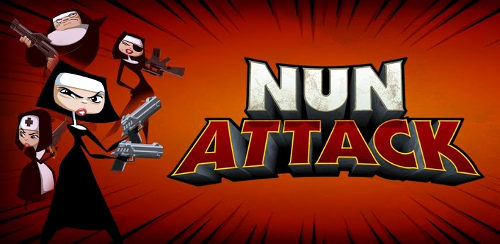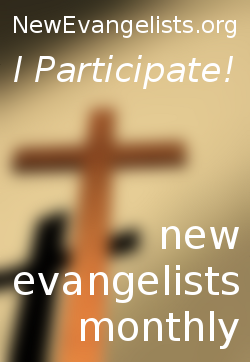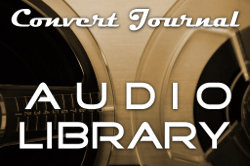
We have hope. It is like light against darkness. Without the light of hope, the darkness of despair would overcome and consume us.
Our hope is for ourselves, each other, the country and the world. We hope for good jobs and good health. We have many hopes for our children. We hope our country does not descend into complete moral depravity. We have grand hopes such as world peace and trivial ones like sports championships.
These desires are natural hopes and are good. Our healthy wiring is for such good and emanates from God within, even if we deny Him. Such hope gives us a reason to get out of bed, to embrace the day and to enjoy life… or to at least look forward to better times.
Natural hope is short-term.
Christian hope is supernatural, not just an immediate purpose but an eternal one. Without it our lives are merely mortal and often selfish. Our faith would rest in people and institutions. Then we die.
I feel sorry for atheists. If they truly believe what they profess (something I am not always convinced of), their coming death marks for them the complete end of their existence. However, denying God is like denying gravity – stepping off the top of a 33-story building would undoubtedly bring a big surprise. When the atheist stands before Christ at his particular judgment, he will similarly be surprised – and confused – and remorseful. Some of you may remember Lucille Ball’s television husband Ricky Ricardo (Desi Arnaz) and his oft quoted line: “you have some ‘splainin’ to do.”
God sent His Son to offer us the hope of eternal life. HE SENT HIS SON! Our hope rests in God and His promises, not any promises born of this world.
I feel sorry for agnostics too. They are like atheists, but want to keep their options open “just in case.” Their eternal hope is vague and couched in conditionals. They have mastered the sin of presumption. If some sort of supreme being or beings exist, he / she / they will accept me because they accept everybody and/or I am a good person. God sent His Son and this is their take-away.
We have a lot of evangelizing to do.
Evangelizing not just to atheists and agnostics but to Catholics and other Christians too. In a couple weeks we will see (thank God) CEO / ChEaster (Christmas and Easter Only) Catholics. Essentially, they are culturally Catholic agnostics. Let’s pray that their hearts open fully to the Holy Spirit and that they truly come home. Pray also for the faithful who have listened to secular voices, placing secular “values” above God’s will. His will is not about feelings, partisan politics and certainly not about “choice.” Blessed Pope John Paul II taught us that “freedom consists not in doing what we like, but in having the right to do what we ought.”
Pray too for our brothers and sisters in separated Christian communities. Through their baptisms they have entered into the ordinary means of salvation, but their paths are guided by maps with missing sections. Some are taught much of the truth while others astonishingly little. Some have little error introduced while other dangerously much. They differ greatly from each other. Few meet Jesus through the sacraments He gave us.
Our Lord Jesus Christ came into our lost world to bring us hope – to reveal God’s truth and to offer us a path to salvation. He did not leave us alone when He ascended to heaven. He sent the Holy Spirit to us, beginning with our first pope and bishops. His real presence remains too, most especially in the Eucharist (communion; literally receiving the body, blood, soul and divinity of Christ) and in the other sacraments. He gave us a deposit of faith and one Church to teach it, infallibility protected to the end of time by the Holy Spirit. Our hope rests on truth proclaimed from that rock and sanctified through the sacraments.
Therefore, we are not discouraged; rather, although our outer self is wasting away, our inner self is being renewed day by day. For this momentary light affliction is producing for us an eternal weight of glory beyond all comparison, as we look not to what is seen but to what is unseen; for what is seen is transitory, but what is unseen is eternal.






















